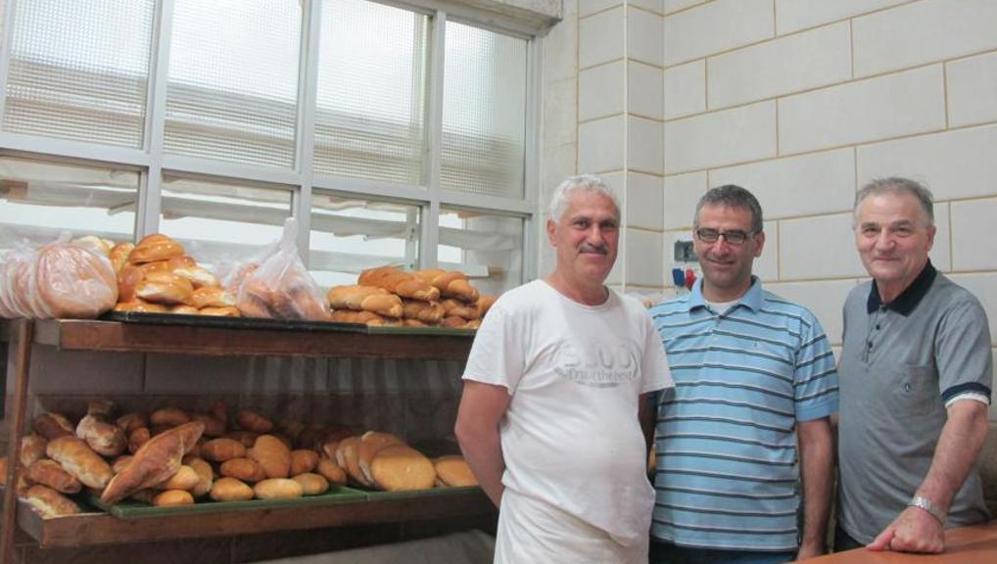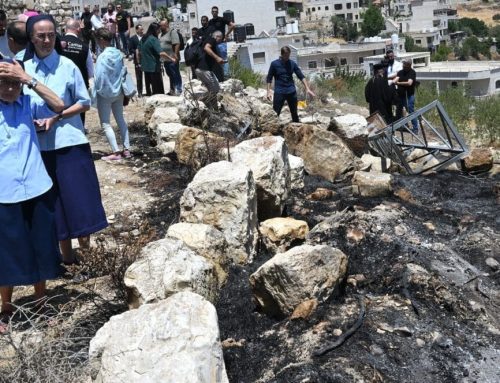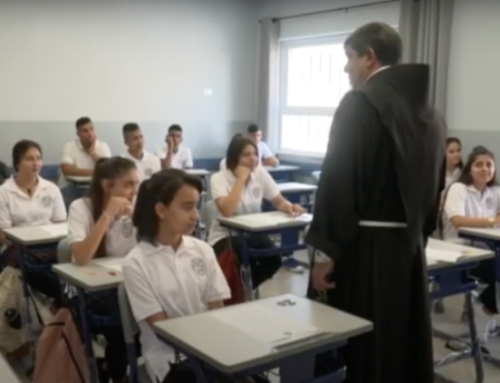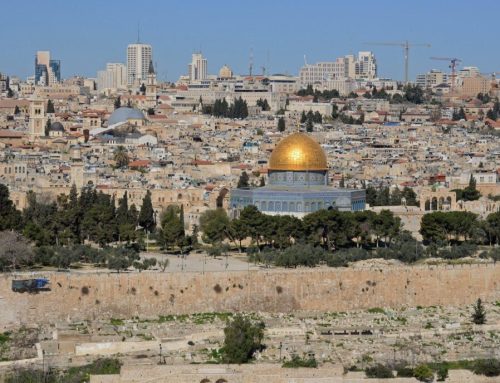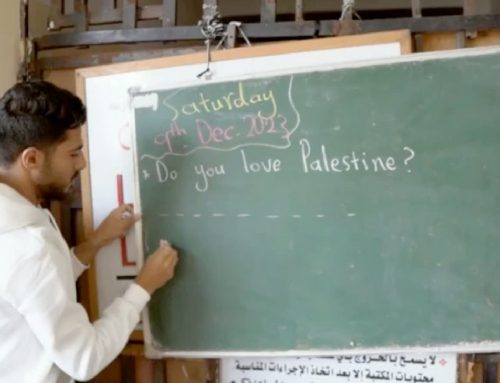Stories of coexistence between believers in Christ and Islam. A Journey to the West Bank, where Salesians accompany and support the population by strengthening ties between the two communities
This story – which grows out of the good seed of proximity in a land filled with tensions and conflicts – began in the second half of the nineteenth century when Don Antonio Belloni, an Italian priest, went to the Holy Land. Here he set up a small congregation engaged in youth education and opened some centers in three different locations. In Bethlehem he inaugurated a big orphanage, where children could live and study, along with a bakery to cover the living expenses of the institute. Years go by and, as a way to ensure continuity in his congregation, the priest started thinking about joining the Salesians. He talked about it to his friend Don Bosco, who approved. In 1891 the first Salesians arrived in the Holy Land and set to work with Don Belloni.
Many works for one end
Today in Palestine the Salesians (of about ten nationalities) continue to carry out their duties in the structures inherited by the Italian priest and have founded new ones. In Bethlehem, the orphanage, which no longer has students living there, is a professional school: 150 boys aged 15 to 18 follow the three-year program, while 160 aged between 18 and 30 attend the intensive one-year course. A large oratory was opened to which followed a nativity scene museum and an artistic center for the production of artifacts in mother-of-pearl, olive tree and ceramics made according to local tradition. Meanwhile, uninterruptedly since the end of the nineteenth century, the oven continues to produce and offer good bread. Many activities for one end: educating young people and prepare them to face life, strengthen social ties and support the people taking care of those most in need.
Good relations
“Here in Bethlehem, where Christians make up 33% of the population (about 12,000 people), our centers are attended by young Christians and Muslims (in the majority) and people of both religions work there. Coexistence has always been good and relationships of sincere friendship have been born” words by Father Piergiorgio Gianazza, 72 years-old (of which 56 he has spent in the Middle East), vice-provincial of the Salesian Province of the Middle East (which includes 6 nations). He lives in Bethlehem and teaches dogmatic theology at the Jerusalem Department of the Theological Faculty of the Pontifical Salesian University of Rome.
The educational system
Muslim parents gladly enroll their children to the Salesian school, which they see as an educational center of excellence. “They realize that we do not draw any distinction based on faith and they show sincere appreciation for Don Bosco’s educational system whose pillars are reason, religion, and love, in other words dialogue and confrontation, recognition of the religious dimension as constituent dimension of the human being. Welcoming and caring when it comes to relationships,” Father Piergiorgio says and adds, “In some ways our Muslim students are our first missionaries among the people because they feel strong of their positive school experience and are thus able to prove wrong those who continue to see Christians as unbelievers and colonizers.”
The Muslim Staff
Among the staff there is Khader Abdel Qader Dadara – Muslim, 43, married and father of 5, responsible for cleaning the school – who says: “I like to work here: I work together with a Christian man with whom I get very much along, we help each other. Unfortunately, the cost of living here in Bethlehem is high for me, as for many of my fellow citizens; the salary is never enough to sustain family expenses. Among the 50 employees at the Salesian works, relations are good, we are not conditioned by roles or by professed faith. We share the same values of mutual respect and perform our duties honestly”
Good bread
Among the works inherited by Don Belloni there is a bread oven that gives work to six people under the supervision of the Salesians. For a long time, this bakery used to support the orphan boys and later the school students. It became a point of reference for the entire population since 2002, after the Second Intifada, when Bethlehem lived very hard days; Father Piergiorgio tells us: “Our bred oven managed to provide bread to everyone, sometimes even for free. I remember that it would work uninterruptedly day and night. Since then, most of the population buys bread here and about 120 needy families (which we take care of) receive our products at a symbolic monthly price. I am pleased that in Bethlehem, which in Hebrew means “bread house”, there is a bakery that feeds the population and helps the most vulnerable people. It nourishes the bonds between Christians and Muslims.”
The situation in the city
According to Khader, this city, which for centuries has been inhabited by Christians and Muslims, “ distinguishes itself for the tolerance, respect and brotherhood among the faithful of the two religions. We seek mutual understanding and good neighborly relations. The conversations and discussions that take place between us never end up in arguments. When we Muslims hear the church bells, it is as if we were listening to the call to our prayer. “ And he adds: “My personal relationships with Christians are friendly. We respect each other and share moments of joy and sorrow, we always try to get along and live in peace.”
Christian pilgrims and Arafat’s decision
In the city, coexistence between the faithful of both religions is peaceful, Father Piergiorgio points out: “There have never been clashes between the two communities or acts of fanaticism. Arafat ruled that eight Palestinian cities – including Bethlehem – were always to elect a Christian mayor. This decision has undoubtedly favored relations between the two communities. Even the continuing influx of Christian pilgrims, who support the local economy, and the many educational, social, and health centers set up by Christians for the benefit of the population are contributing to maintaining such a relaxed atmosphere. Interesting projects have also been launched to strengthen ties and promote mutual understanding: for example, some Christian and Muslim intellectuals have started publishing a magazine, Al liqà (The Encounter), in which every topic is dealt in depths from both points of view: it is a praiseworthy initiative, to which I have also participated with some writings.”
The role of religions
“People of different religion who truly live their faith and succeed in living together in harmony bear witness that religions do promote brotherhood and peace,” Father Piergiorgio points out: “Problems, unfortunately, arise when religions are exploited for political or economics ends that alter their very essence.” Khader concludes: “I think that peaceful coexistence between people of different faiths shows the world that the language of love, tolerance, forgiveness and understanding avoids extremism. Here, we are committed to raising a new generation, a more educated and aware generation with boys and girls able to walk hand in hand. Certainly, there are differences between Muslims and Christians, but we do share common principles such as morality and the law of God.”

